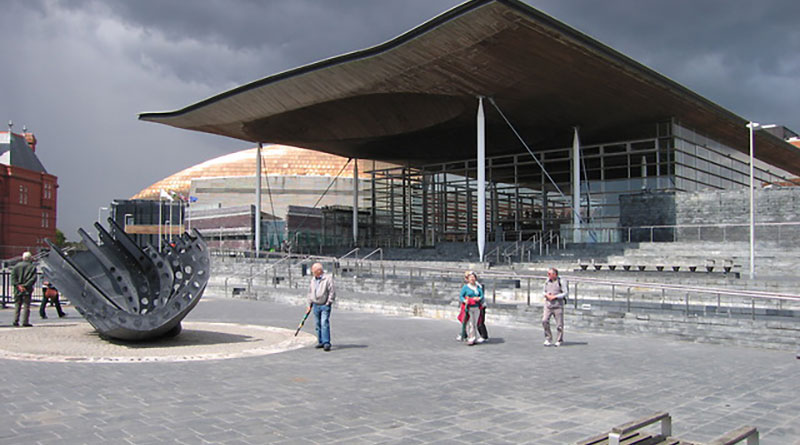Welsh Tourism Levy Set To Impact Hotel And Accommodation Operators From 2027

The Welsh hospitality sector is preparing for significant changes following the Senedd’s approval of new legislation that will allow local authorities to impose charges on overnight accommodation from 2027 onwards.
The Visitor Accommodation (Register and Levy) Etc. (Wales) Bill, which has now received parliamentary approval, grants Welsh councils the authority to introduce a tourism levy system affecting hotels, bed and breakfasts, and other accommodation providers such as pubs.
Under the new framework, hospitality operators could be required to collect £1.30 per guest per night for standard accommodation, with a reduced rate of 75p applying to camping and hostel facilities. The charges will only apply to visitors aged 18 and over.
For hotel and B&B operators, this represents a notable shift in pricing structure that will require careful consideration of guest communication and administrative processes. The levy amount represents a 5p increase from the original proposal put forward in November.
Welsh Finance Secretary Mark Drakeford emphasised that the revenue generated will support tourism infrastructure improvements, including enhanced visitor facilities, coastal maintenance, and attraction development – potentially benefiting the broader hospitality ecosystem.
“Visitor levies are used successfully all over the world. They ensure the pressures and opportunities tourism bring are balanced fairly between visitors and residents. We want the same for Wales.”
“The levy is a small contribution that will make a big difference to our communities, helping to maintain and enhance the very attractions and services that make Wales such a wonderful place to visit and live.”
“By voting to back this measure, Wales is joining many other worldwide destinations which already benefit from similar levies.” He said
The legislation includes built-in consultation requirements, meaning no immediate implementation pressure for hospitality businesses. Each council must engage with local stakeholders and communities before introducing any levy, ensuring the earliest possible start date of 2027.
This development positions Wales alongside Scotland in UK tourism levy policy, following Edinburgh’s decision to implement a 5% accommodation surcharge by 2026 and Glasgow’s similar commitment for 2027.
Licensed trade professionals note that while England lacks equivalent legislation, cities including Liverpool and Manchester have developed alternative approaches to tourism-related revenue generation.
Industry observers suggest the extended implementation timeline provides valuable preparation time for accommodation providers to adapt booking systems, staff training, and guest communication strategies to incorporate the new charges seamlessly.
The Bill also introduces a national statutory register for all visitor accommodation providers in Wales. It will be free to join and will provide valuable data and insight about the size and scale of the sector across Wales.
The Welsh Government added that it is investing heavily in tourism, including a £50 million Wales Tourism Investment Fund and dedicated funding for weather-proofing grants.
